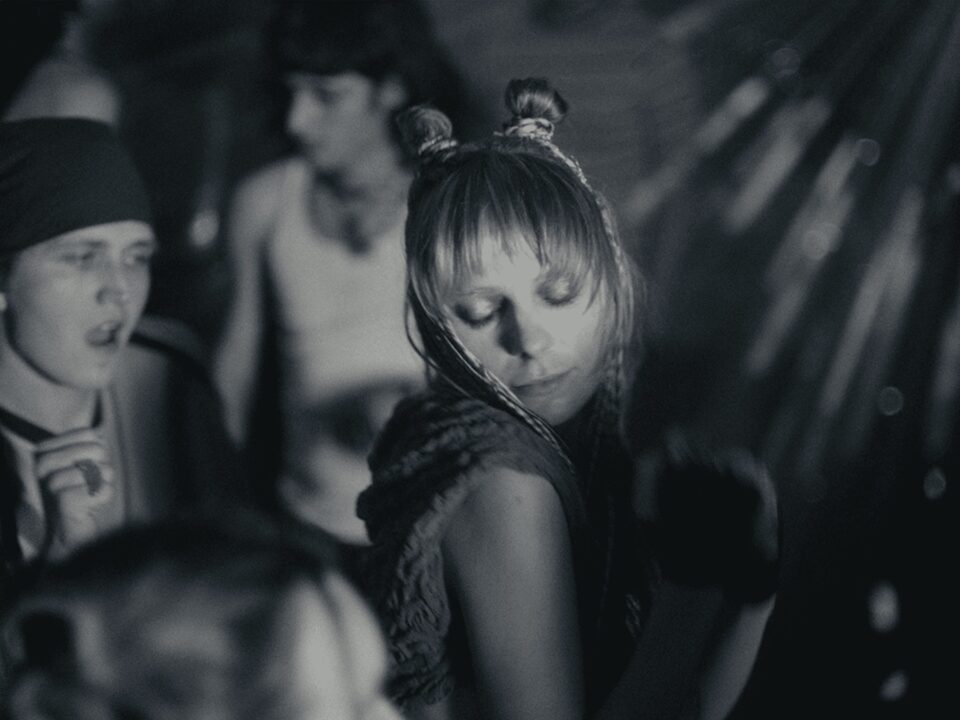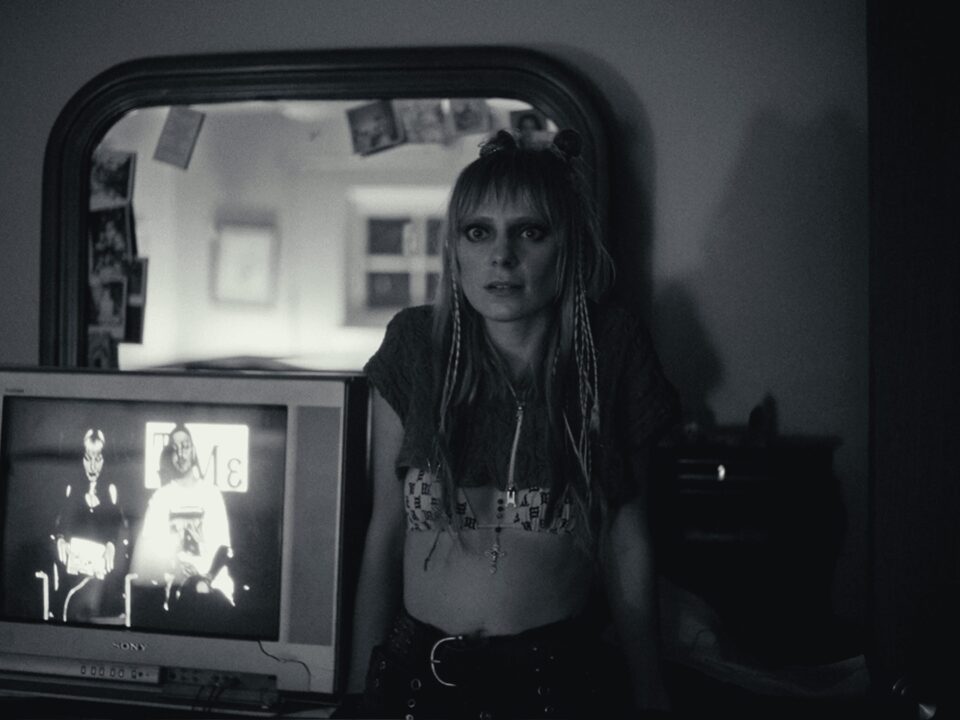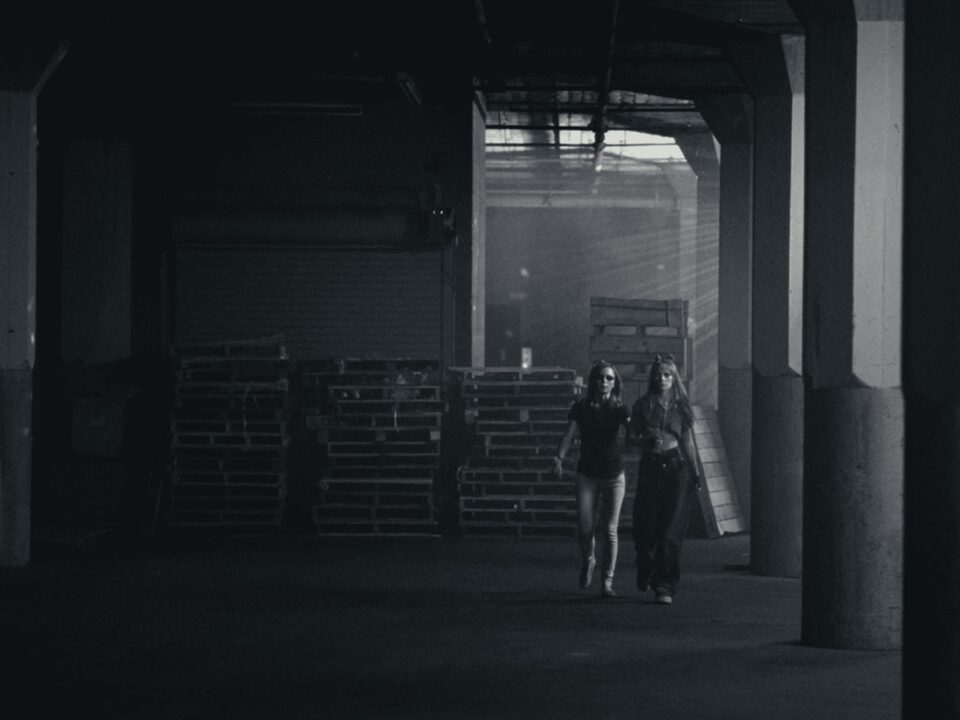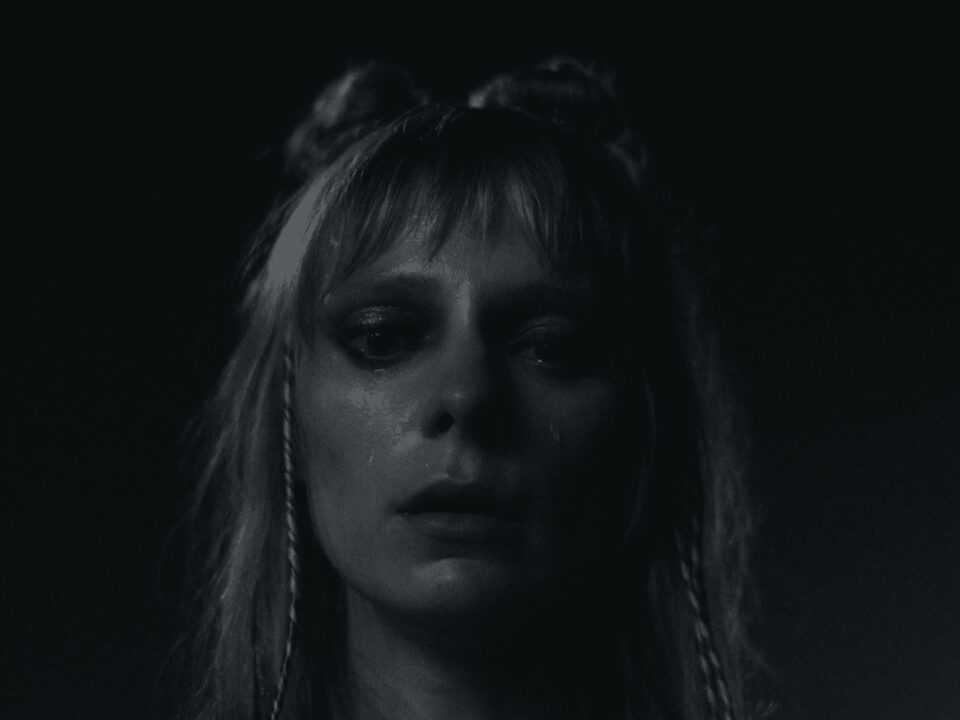“The LA rave scene exposes you to all kinds of new, often dangerous experiences. But as a teenager, I was always drawn to that danger—it felt rebellious and offered a way out of the mundane,” says Ben Tan, a filmmaker who, in his youth, navigated the magnetic yet dangerous world of LA raves. For Tan, it wasn’t just about seeking thrills; it was about escaping the anxiety and pressures of adulthood. His debut short film DOG, which he wrote and directed, tells the story of 19-year-old Summer, who takes her blind younger sister to a rave, only to see the night spiral into chaos.
In our exclusive interview, Ben Tan and star Alexis Felix share insights into the making of DOG and their own experiences that they brought to the making of the film. As Ben reflects, “DOG is a reflection of my adolescence—those nights in Los Angeles filled with raves, music, and drugs. It’s about chasing fleeting moments of ecstasy, only to be met with despair. Ultimately, it’s a story about the unavoidable reality of growing up.”
Congratulations to you, Ben, on your short film, DOG, which tells the story of a 19-year-old girl taking her blind younger sister to a rave, only for chaos to ensue. In your director’s statement, you say how you spent your adolescent years in Los Angeles, “Chasing moments of ecstasy. Arriving at despair.” What inspired you to tell this story?
Ben Tan: I wanted to capture my anxieties growing up and confronting adulthood. The LA rave scene exposes you to new things that might be dangerous, but as a teenager, I was always drawn to danger because it was rebellious and offered an escape from normalcy.
But the dread starts to creep back in when you’re back home lying in bed. Parents never fully know what’s going on in their kids’ lives, and the secrets we keep are painful.
Ben, what was your creative process for writing the script and the character of Summer? When did you first meet Alexis and know she was the one for the role?
BT: Alexis and I met in high school. A single mother raised her, and she has a sister. We both shared a love for electronic music and had rebellious childhoods.
When I started writing, I made location and casting decisions early because I knew that if Alexis played Summer, I could cast her real mom and shoot at her childhood home. This made writing natural because I wrote with actors and locations in mind.

Alexis, what were your first thoughts while reading the part of Summer in the script? What was the most alluring part of the character, and what were you most excited to bring to the performance?
Alexis Felix: I knew Ben was in the works of writing this script, and initially, it was a story with two brothers. One day, he came home from work, told me he changed some things, and asked if I wanted to read it. My face lit up when I started reading the script about two sisters. I immediately knew I could play Summer. The character resonated with me a lot because I had grown up as a younger sister with a single mom in my own life.
I always wondered what being our family’s older sister would be like, which allowed me to explore that. Summer’s mom in DOG is my mom in real life. I was so excited to share the movie-making magic with her and show her all the hard work I had been doing behind the scenes.
Ben, the film looks beautiful and distinct, with its black-and-white photography and 4:3 aspect ratio. How did you decide upon this look for this story?
BT: I chose a narrow aspect ratio to emphasize teenagers’ claustrophobia when surrounded by family and friends but needing an escape. Black and white was an aesthetic that had character motivation. Lex is blind, so she’s missing a sense. Stripping away the color helps the audience see through her perspective. It also adds to the theme of growing up and the dark cloud of angst that looms over our heads.

Alexis, can you talk about your creative process with Ben on set? What challenges did you face in this rave-set film?
AF: Ben and I have very similar tastes, so working with him creatively was fun. I loved that he gave all the actors on the set free range to be themselves and creatively mold the characters as they imagined them to be. He’s the writer and director of the project; however, he was interested in seeing how we all perceived the characters that he wrote.
As for challenges, I think everything ran very smoothly. Because we were on a time crunch, we only had 2-3 takes per scene, so we all had to be on our game.
Ben, can you share any challenges you faced during production, especially when shooting in a rave environment?
BT: We filmed the rave throughout an overnight shoot. A dozen or more friends donated their time to be background actors. We weren’t supposed to have fog at the location, but the lasers and strobes didn’t pick up in the camera without it. We ended up triggering the fire alarm three times. The third time, a squad of firefighters came to set, and they told us that if the alarm were triggered again, they’d shut our production down.
Luckily, the fog stayed in place, and we could finish those scenes. There was a moment in the night when I thought it was over and we’d have to scrap everything. Without the rave scenes, there would be no film.

How do you think the film speaks to the universal experience of growing up and the struggles that come with it?
BT: DOG is set in a specific time and place. Growing up, I watched films like Larry Clark’s Kids or Catherine Hardwicke’s Thirteen. Both of these films highlight a particular subculture, making them believable.
They’re time capsules, and those films make me feel understood. No matter where you are in the world, the struggles of a teenager are universal.
AF: Morality plays a huge part in becoming an adult. As a teenager, you constantly make decisions and choose right from wrong. Whether dealing with peer pressure, navigating the people you choose to hang out with, or the situations they can put you in. As much as our parents try to teach us right from wrong, teenagers must go through life experiences to determine the consequences for themselves.
It’s like when you were a toddler, and your mom tells you not to touch the fire because it’s hot, but you do it anyway. We instinctively need to experience something to learn. I think this film does an excellent job of exploring that.

What are your hopes for DOG‘s future and how it might impact discussions around youth culture and coming of age?
BT: I’m always interested in coming-of-age stories that are specific and illuminate the subcultures we cultivate as teenagers. I’d love to see more of that.
AF: I hope people can see DOG and that it sparks a discussion of morality and the decisions we make as teenagers.

